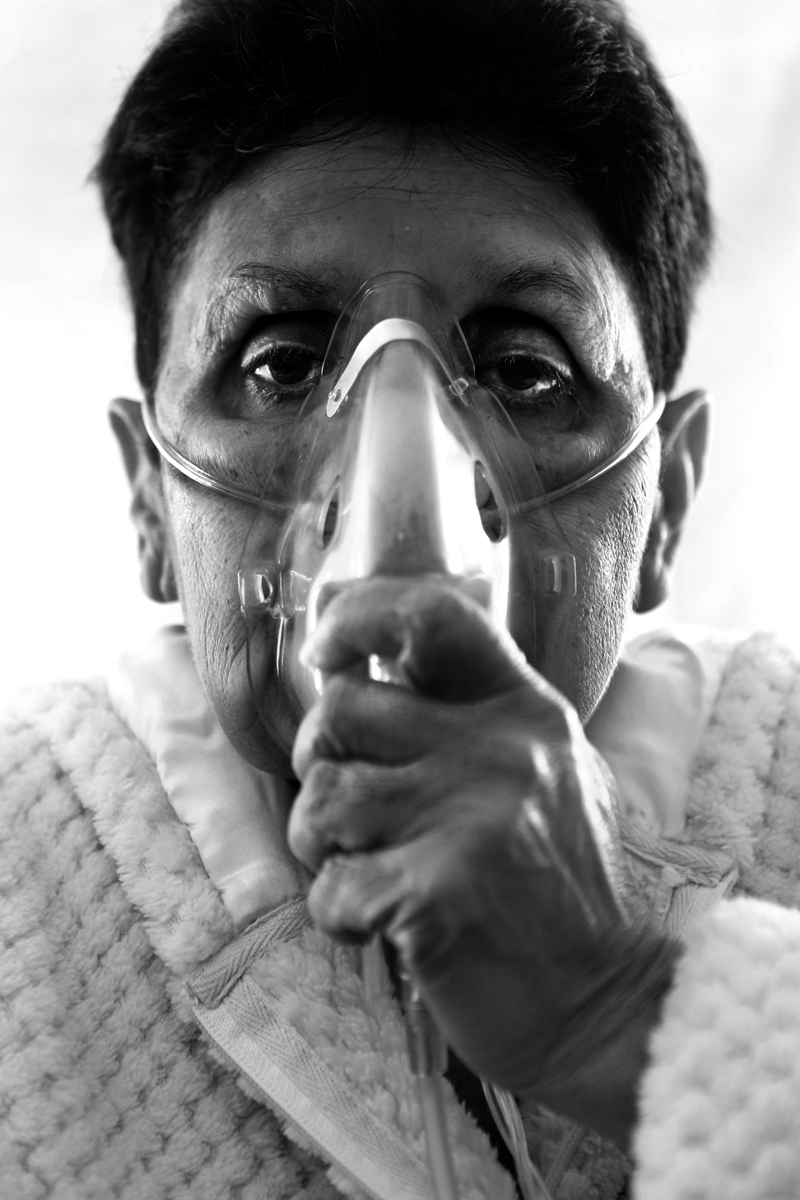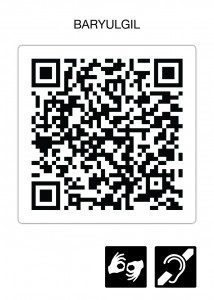‘Baryulgil was a small asbestos mine in northeast NSW which was worked by the Bundjalung/Banjalang people of the area. Dust permeated workers’ houses, and women and children were exposed. Tailings (mill residue) were spread around the community to settle the dust and provide material for road works. Children played in the tailings and on the mine site itself. Many members of the community, especially men, have died prematurely but it has been difficult for people to win workers’ compensation or compensation from James Hardie – because of the generally poor health status of the community and the prevalence of chronic bronchitis, pleurisy and pneumonia –although cases of asbestosis and asbestos-related lung cancer have been clearly identified. Like Aunty Patty, my father, Roy Mundine, was from Baryulgil. In fact he is buried there with six of his brothers, most of whom died as a result of lung disease. He was one of the lucky ones, as he didn’t work at the mine, and so were we, as he moved our family, of 11 children, down to Sydney when I was 7 years old. It is very easy to become overwhelmed by Indigenous health statistics: not only the data itself but also the immensely complex interconnectedness of health problems, health risk factors and social issues. Indigenous people live these statistics every day and we experience the real impact – not just on individuals and their specific health problems, but also on our communities and families, who are being hollowed out by things like low life expectancy, chronic and communicable diseases, and mental health problems, alcohol-related disease and assaults, Foetal Alcohol Spectrum Disorder, suicide and child mortality. These problems have an ongoing social, cultural and psychological impact on communities and families. When it comes to Indigenous health policy and health services, the greatest challenge is bureaucracy, waste and red tape. Of course, for Aboriginal and Torres Strait Islander people it’s not just about statistics; it’s about our family, friends and communities; it’s about our parents and our children and our own selves. To me it is a very simple proposition. The success of government service delivery in Indigenous health should be measured by the outcomes achieved.’
WARREN MUNDINE
BUNDJALUNG GUMBAYNGGIRR PEOPLE
MANAGING DIRECTOR, NYUNGGABLACK
CHAIR, PRIME MINISTERS INDIGENOUS ADVISORY COUNCIL
Nyunggai Warren Mundine is the Managing Director of NyunggaBlack.
Warren is a highly respected and influential businessman, political strategist and advocate for empowering Australia’s First People to build a sustained economy and to create business opportunities, Warren’s life and career have been shaped by a personal commitment to the Australian and Australia’s First Peoples’ communities. More than 26 years’ experience working in the public, private and community sectors. Nyunggai Warren Mundine is a member of the Bundjalung and Gumbaynggirr people from the North Coast of NSW and South East Queensland.
Current positions:
- Executive Chairman, Australian Indigenous Chamber of Commerce
- Chair, Prime Minister’s Indigenous Advisory Council
- Chairman, Australian Indigenous Education Foundation
- Chair, NAISDA Dance College
- Chair, NAISDA Foundation

